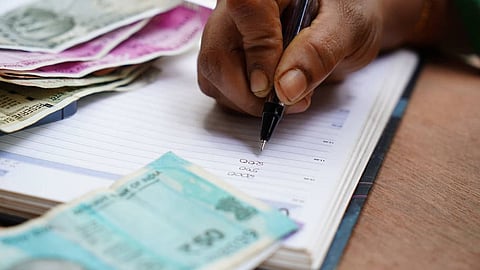Low-cost capital in green projects ideal
In order to build a sustainable India, the country needs low-cost capital to help domestic entrepreneurs roll out large-scale green projects, said Amitabh Kant, CEO of Niti Aayog.
“India needs only low-cost capital to fuel the Indian green entrepreneur to execute global-scale project in green hydrogen, solar, EV and battery, etc.,” he said while addressing an online event organised by the Centre for Social and Economic Progress.
Kant said: “India is in a very unique position in hydrogen and it should be moving towards green hydrogen in the oil refining and fertiliser sectors.”
He said the government has pushed for green energy and the country is the fourth largest in the world in renewable energy installed capacity.
However, Kant said India meeting the emission target of net-zero in 2050 is not possible. He said the developed world has given itself more than 40 years, and seven years for transition.
“So, we can talk about net-zero (emission target), but definitely, it can't be 2050. It has to be some year in the future at which many, many models are being looked at but something which will be politically decided,” he added.
"But we need to look at various models through which we will arrive at the best possible solution for that," he said.
Net-zero means balancing the amount of greenhouse gases emitted into the environment by removing an equivalent volume. This may be achieved by various modes, including restoring forests or through direct air capture and storage technology. There has been an international campaign for the last couple of years to get India to sign on the target of net-zero by 2050.
Minister of Power and New and Renewable Energy RK Singh has said that purchase of green hydrogen will be made mandatory for some sectors like the renewable purchase obligation (RPO).
The minister said most states have not met their RPO targets, and that there would be a penalty for falling short.
“Most states have not achieved their RPO. In 2030, the total installed power generation capacity of the country would be 821 GW including 450 GW of renewables. (So RPO is required to be met by states),” Singh said.

